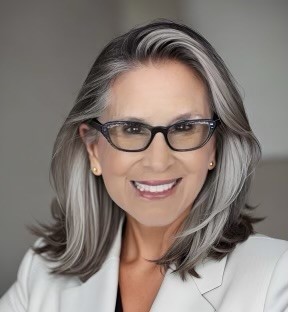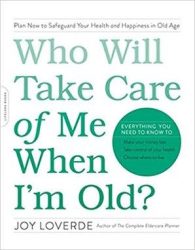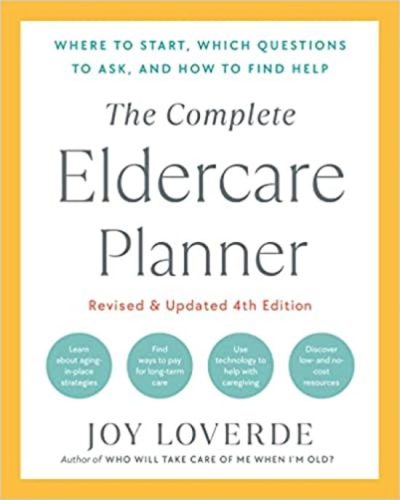I returned to my hotel room last night with a heavy heart after giving a presentation to people who attended my talk about planning for the future.
Many attendees said they chose to retire and wished they had not done so. They said that they feel depressed, lonely, and lost most days.
To retire or not is a common conversation during my presentations, and it is these important discussions that are compelling me to write today’s blog. Feeling that you are missing something as we grow older is a need that can and should be addressed.
Living a life of no regrets suggests that life can and should be lived without looking through the rear-view mirror. For some, this means consistently making the safe choice and doing the things we know we’re 100% capable of achieving; but there is a price to pay for playing it safe and feeling good at the moment.
What is age for anyway?
As a caregiver, my elders often tell me that their fear of dying has been replaced by the fear of living too long. What scares them the most is feeling useless and becoming a burden on others.
In response, I encourage them to participate in simple activities that create meaning and purpose for them. The more they engage in life, the less they may become dependent on me – and that is a good thing.
I begin the process of engagement by asking questions. My book, The Complete Eldercare Planner, 4th Edition offers a wealth of ideas to influence elders to get back in touch with the things they love to do. Specifically the “Quality of Life” chapter in the book.
Lucky are the elders who have time on their hands. Encourage them to cultivate a new interest and explore ways to learn and connect with others. To get the conversation started, here are a few questions to ask your elders:
What is important for you to do right now?
What is something new that you would like to learn?
Which skill can you teach to others?
What is one cause that you might consider fighting for?
Which of your unfulfilled dreams are at the top of your list to pursue?
As a family caregiver, I am used to helping people; but I have found that my elders are the happiest when I can influence them to create solutions to their situations on their own.


